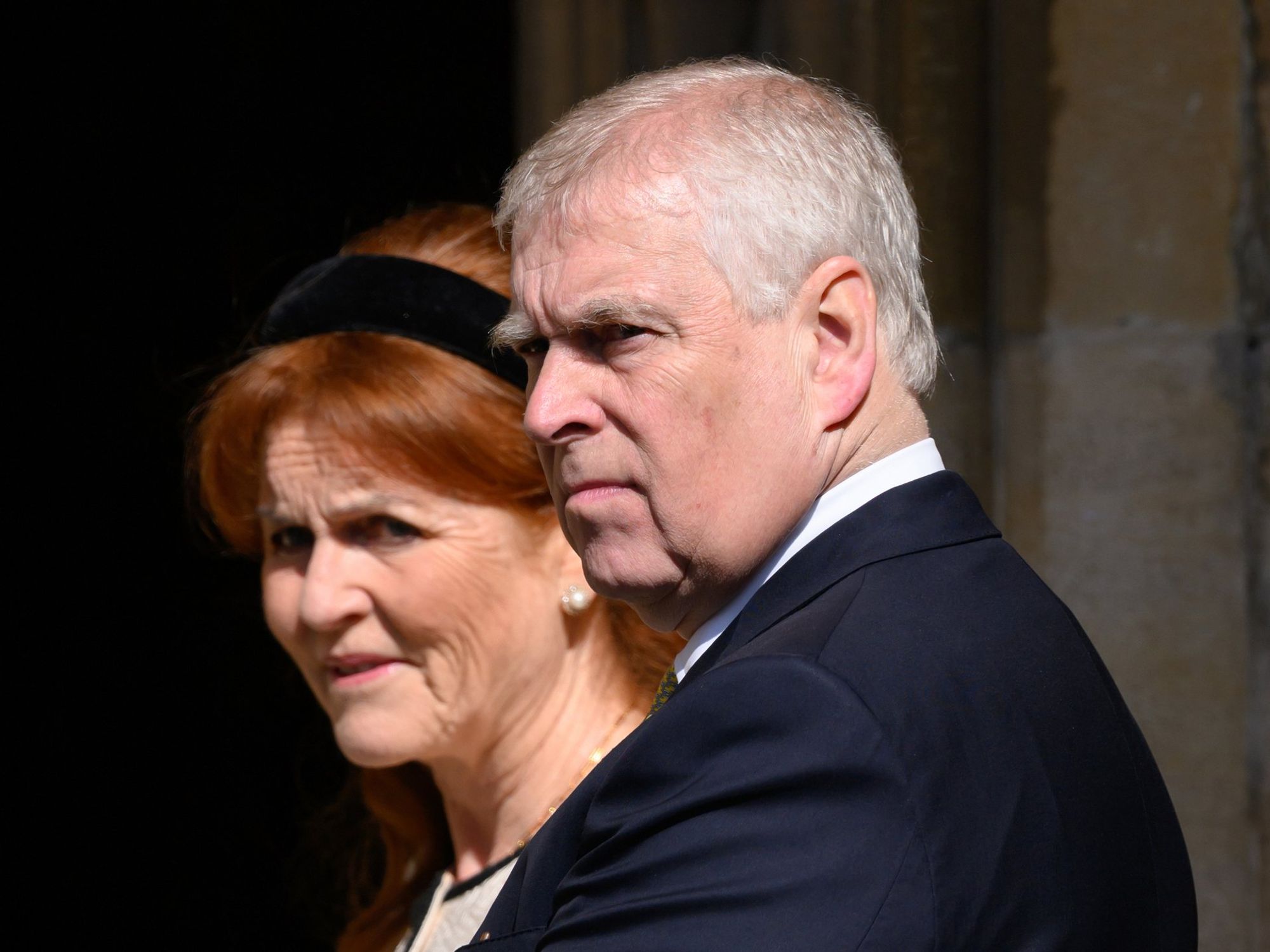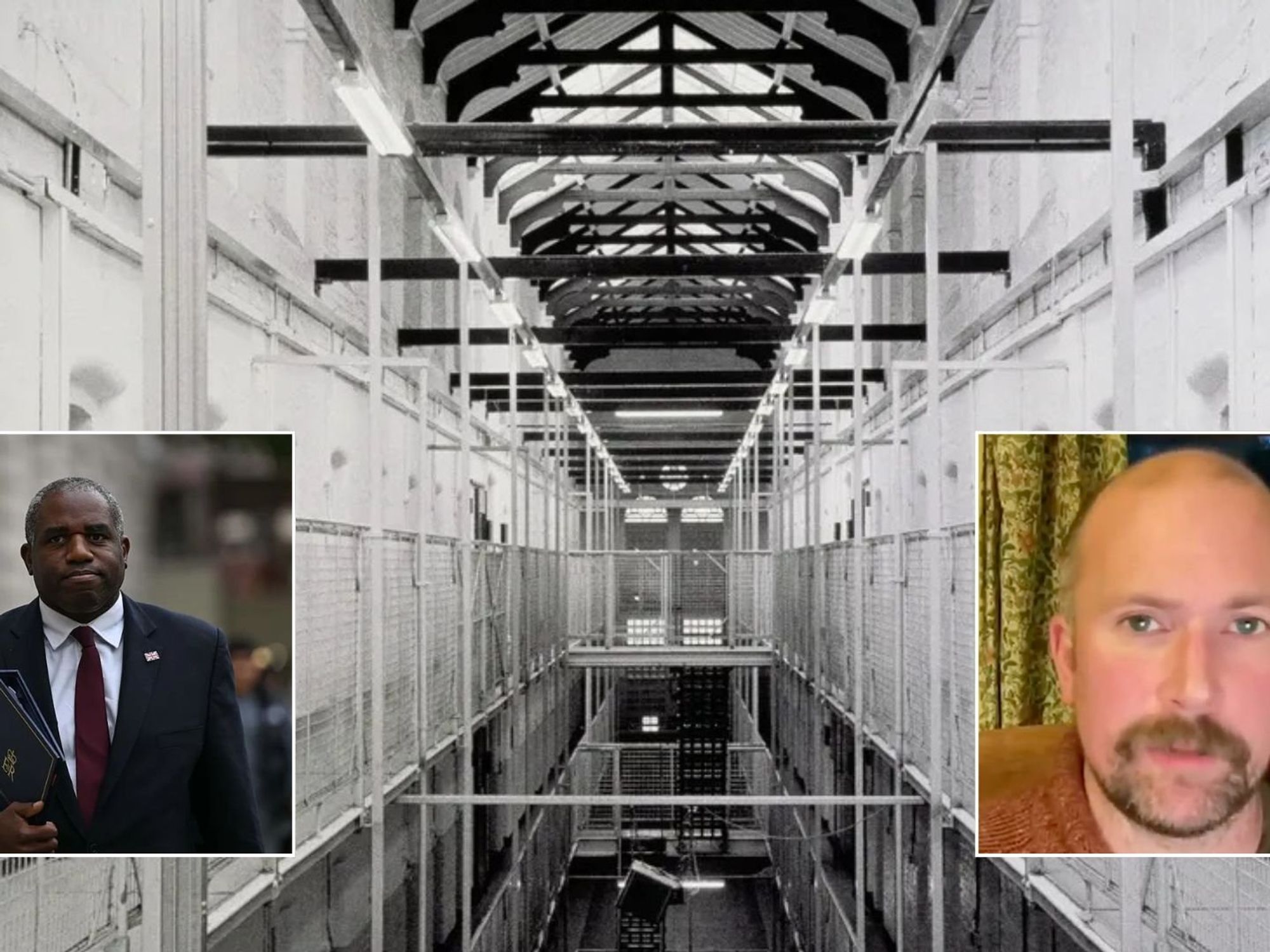Tony Blair’s legacy is toxic and anyone flirting with idea of a return ought to consider his disastrous policies, says Colin Brazier

By Colin Brazier
Published: 31/05/2022
- 17:09Updated: 14/02/2023
- 11:12Talk this week that Tony Blair wants to be prime minister again. He’s not too old. Joe Biden became president at 78. Blair is only 69
Don't Miss
Most Read
Talk this week that Tony Blair wants to be prime minister again. He’s not too old. Joe Biden became president at 78. Blair is only 69.
But if age doesn’t disqualify the former Labour leader from re-election, does his record?
In my opinion, his legacy is toxic. Not just the Iraq War. His critics saw that was a disaster even before the tanks went in. No, Tony Blair’s real bequest to Britain has taken time to crystalise. Blair left a landmine under the landscape of British politics, and, though he lit the fuse during his decade in office, it’s taken longer for the shock waves to spread;
Colin Brazier says people ought to remember Tony Blair's 'disastrous' policies.
Image: GB News
Years for us to fully comprehend that a man who presented himself as a moderate, actually used his centrist image as camouflage to alter Britain as profoundly as Jeremy Corbyn might have done.
He announced that Labour was no longer a hard-left party by ditching Clause 4 of the party’s constitution. But doing away with Clause 4 didn’t stop him introducing 4 policies that, in my view, changed our country forever and for the worse.
first policy landmine came right at the start. Blair came to power in 1997, 25 years ago this month. That year he set in motion a process we’ve come to call ‘Devolution’. He thought that by giving politicians in Scotland and Wales more responsibility, he would halt those who wanted to partition our United Kingdom in their tracks.
Instead, and with a predictability someone as clever as Blair ought to have foreseen, the genie was out of the bottle. Devolution wasn’t a brake, it was an accelerator. Nobody has done more to break-up the most successful political union in history than Tony Blair. In another age, he’d have been tried for treason.
Tony Blair has been tipped for a potential return to politics.
Victoria Jones
He said that in a global knowledge-based economy, only highly-educated societies would flourish. The trouble was that you can’t buck the market. Just because lots of graduates felt they deserved well-paid jobs, didn’t mean those jobs existed. Young people were left with mountains of debt, acting as a block on things like family formation. And, by expanding the higher education sector, we effectively created a gigantic new Department for Social Engineering.
Universities are uniformly woke, and they encourage group-think on a scale unprecedented in recent British history.
The expansion of university education worsened an existing trend among Britons who thought that some jobs were beneath them. Blair’s solution?
To allow immigration on a scale never seen before. His decision to ditch transitional arrangements, when Eastern European countries joined the EU, saw hundreds of thousands of new arrivals — even though the government predicted only a handful — with the inevitable consequences for public services. One of Blair’s advisers later admitted that there was a secret policy to force multiculturalism on Britain through mass immigration and to “rub the Right’s nose in diversity”.
If the expansion of universities created an army of would-be woke warriors, it was the Equalities Act which gave them the weapons they needed to fight the culture wars. The Equalities Act was passed after Blair had left office, but it was written into his 2005 manifesto.
By introducing the idea of so-called ‘Protected Characteristics’ the Equality Act set about creating the conditions for what we’ve come to call Identity Politics; the idea that you will be judged, not by your individual character, but by your group label.
Anyone flirting with the idea of Blair Mark TWO ought to consider those FOUR disastrous policies. By Blair’s own admission, he was often naïve in office. In his – I have to say – quite brilliant autobiography, Blair admits he got many things wrong. But I wonder if he really understands how deep the wounds he inflicted on this country really are?











